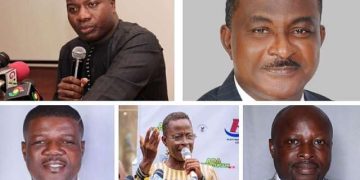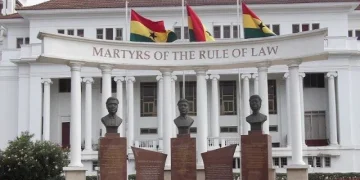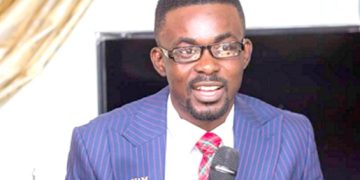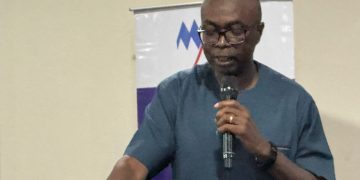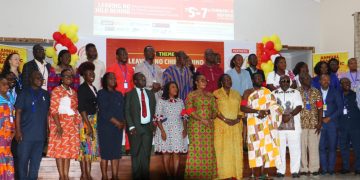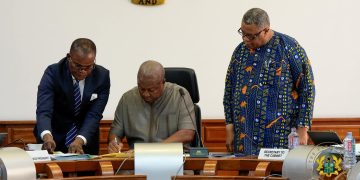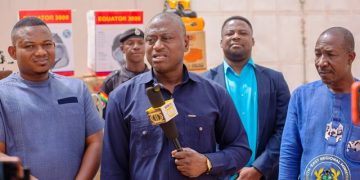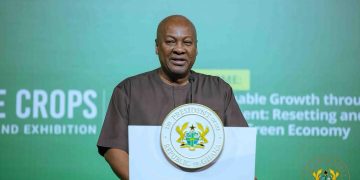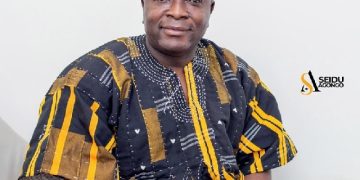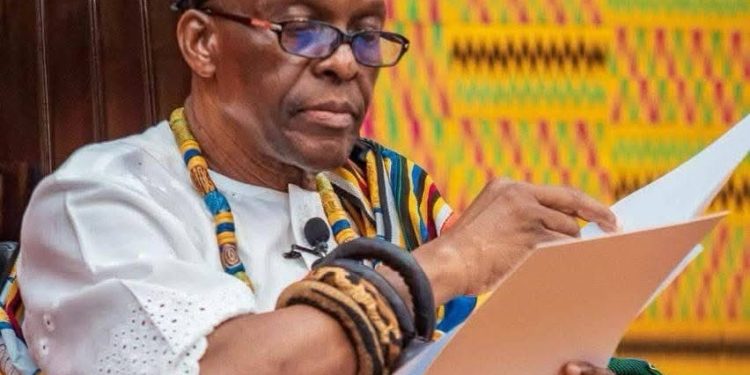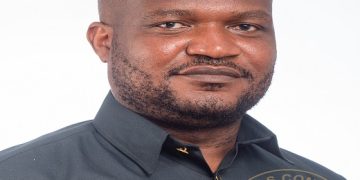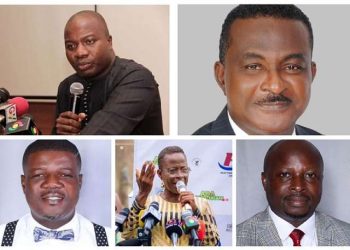The Speaker of Ghana’s Parliament, Rt. Hon. Alban Sumana Kingsford Bagbin, has called for the adoption of local languages in parliamentary proceedings and broader national discourse to promote inclusivity and cultural identity.
The speakers call to action is rooted in the belief that no nation can truly flourish by relying solely on a foreign language.
“A large majority of our people don’t understand English and I keep on saying all the countries that have developed except the English people they didn’t use English to develop they use
their own to the extent”.
He points to global examples where countries have leveraged their native languages to drive progress. The United States, for instance, created its own distinct version of English, while many other nations have successfully integrated their local dialects into governance and education.
He explained “America did not just use the queen’s English they created their own version of English that is what you use and this country we have to learn to accept our local languages and use them to educate ourselves”.
This approach, Bagbin argues, is crucial for Ghana to forge its own path to development.
The speakers vision is the recognition that Parliament must mirror the society it serves.
He emphasizes that as a representative body, it is essential for lawmakers to communicate effectively with their constituents.
“Parliament is not an academic
institution,no, Parliament is a mirror of the society in which it lives and so whatever you do there, you are doing it for and on behalf of the people you
represent and if you are doing something they don’t understand what are you doing for them it’s important that we create that in parliament for people to
speak our local languages”
Speaker Bagbin has announced plans to permit the use of nine key local languages in parliamentary debates.
“In the standing orders we have identified at least nine key languages in Ghana that so far we can permit to be used on the floor of Ghana by members of parliament”.
This groundbreaking initiative the Speaker explained that it will be supported by simultaneous interpretation systems, ensuring that all participants can engage fully, regardless of their linguistic background.
“Whiles speaking our local languages, at the same time is simultaneously interpreted into the other languages and you know our IT has that system in place now so we’re working towards putting that in place”.
www.kumasimail.com /Kwadwo Owusu


